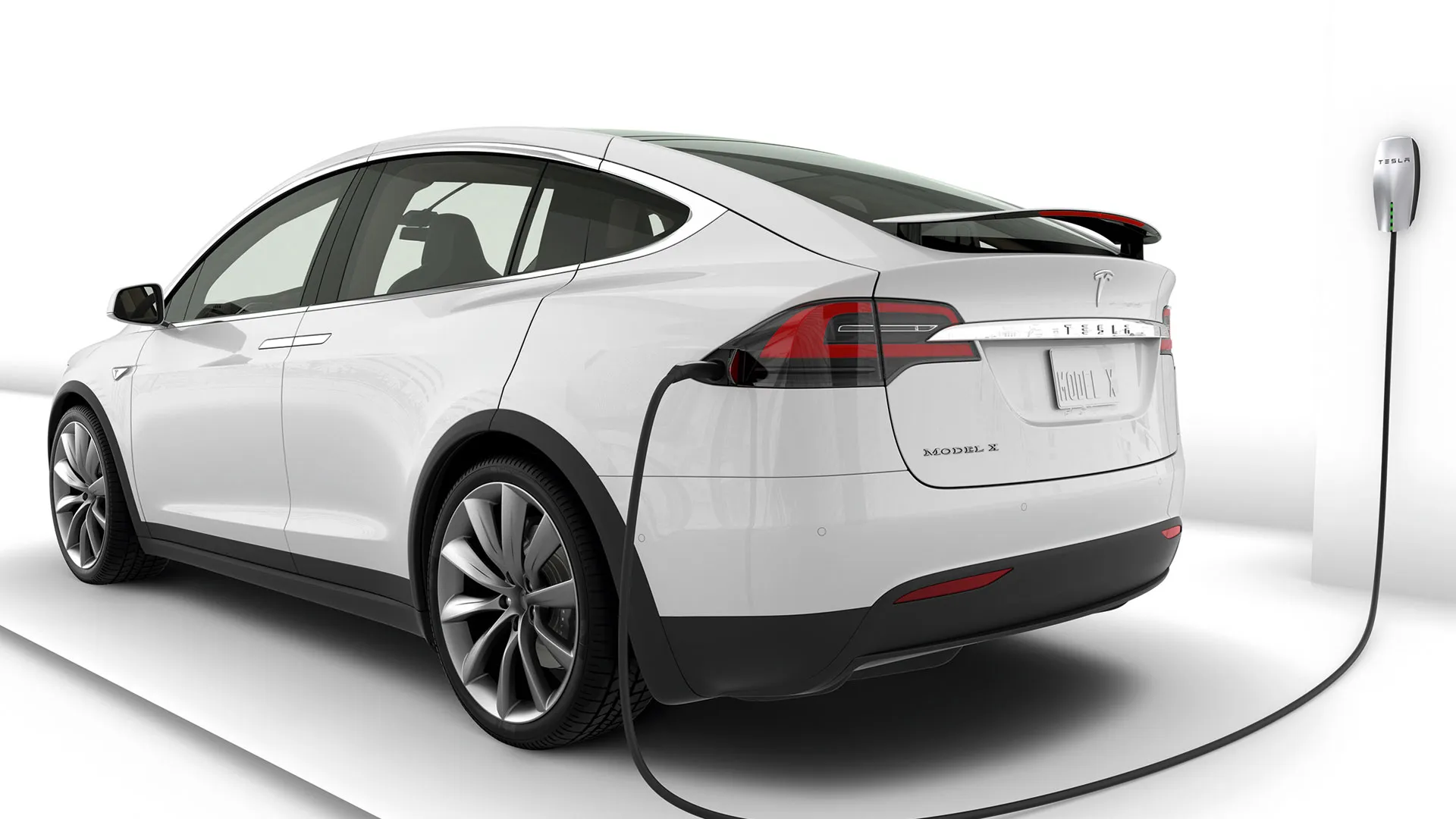Are you curious about the electrifying world of electric cars? Delve into the details of “How Many Volts Are Electric Cars” to gain insights into the voltage specifications of these eco-friendly vehicles and how it influences their performance on the road.
Decoding the Voltage Mystery: How Many Volts Are Electric Cars
Introduction
Electric cars have become synonymous with innovation and sustainability, but understanding the technical aspects, such as the voltage they operate on, is crucial for enthusiasts and potential buyers alike. This guide aims to demystify the question of “How Many Volts Are Electric Cars” and explore the implications of voltage in the world of electric mobility.
Voltage in Electric Cars: An Overview
Electric cars operate on a specific voltage, which is a measure of the electric potential energy per unit charge. In simpler terms, it reflects the force with which electric energy flows through the vehicle’s components. Understanding the voltage of electric cars is essential for evaluating their performance, range, and charging capabilities.
Read too: The Appeal of a Two Seater Electric Car for Adults: Revolutionizing Urban Mobility
How Many Volts Are Electric Cars?
Electric cars typically operate at voltage levels ranging from 200 to 800 volts. The voltage specifications can vary between different models and manufacturers. Let’s explore the significance of these voltage levels in the context of electric vehicles.
Voltage and Performance
- Higher Voltage, Better PerformanceIn general, electric cars with higher voltage systems tend to deliver superior performance. Higher voltage allows for more efficient energy transfer, which translates to faster acceleration, improved efficiency, and enhanced overall driving dynamics.
- Impact on RangeVoltage plays a crucial role in determining the range of an electric car on a single charge. Higher voltage systems often result in longer driving ranges, as they allow for the storage and utilization of more energy.
Implications for Charging
- Fast Charging CapabilitiesThe voltage of an electric car is directly related to its charging capabilities. Higher voltage systems enable faster charging, reducing the time required to replenish the battery. This is particularly advantageous for drivers on long journeys or with busy schedules.
- Compatibility with Charging InfrastructureThe voltage specifications of electric cars must align with the charging infrastructure available. Public charging stations often support various voltage levels, and understanding your car’s voltage compatibility ensures seamless charging experiences.
Examples of Electric Car Voltage Levels
- Tesla Electric CarsTesla electric cars are known for their high voltage systems. Models like the Tesla Model S and Model X operate at around 375 volts, contributing to their impressive acceleration and long-range capabilities.
- Nissan LeafThe Nissan Leaf, a popular electric car, operates at a lower voltage compared to some high-performance models. The first-generation Nissan Leaf operates at approximately 360 volts.
Safety Considerations
While higher voltage can enhance performance, it also introduces safety considerations. Manufacturers implement robust safety features and standards to ensure the secure operation of electric vehicles. Additionally, electric cars are equipped with sophisticated systems to manage and control voltage levels during various driving conditions.
Future Trends in Electric Car Voltage
As technology evolves, there is a trend toward increasing the voltage levels in electric cars. Newer models and advancements in battery technology aim to push voltage boundaries, offering even more impressive performance and efficiency.
Conclusion
In conclusion, understanding “How Many Volts Are Electric Cars” is essential for anyone interested in the world of electric mobility. Voltage levels not only influence the performance and range of electric cars but also play a crucial role in their charging capabilities.
As electric vehicle technology continues to advance, we can expect further innovations in voltage levels, contributing to more efficient and powerful electric cars. Stay informed, embrace the electrified future, and enjoy the benefits of driving a vehicle that operates on clean and sustainable energy.
